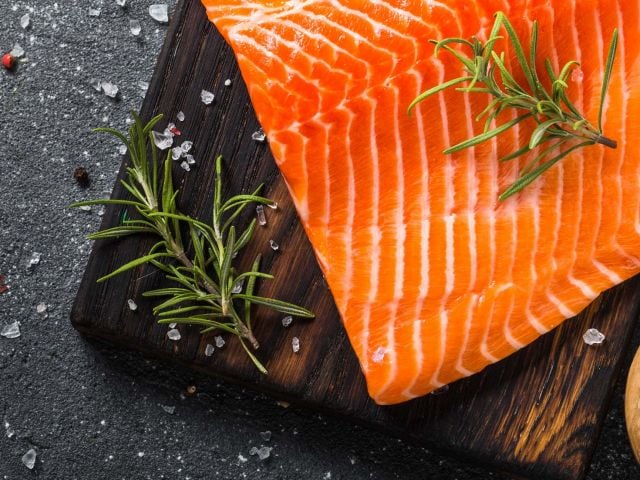Displaying 793 - 816 of 862
EWG News Roundup (6/1): Pruitt Opens Door for New Uses of Asbestos, Lowe’s Ditches Toxic Chemicals and More
EWG News Roundup (6/1): Here's some news you can use going into the weekend.

EWG News Roundup (2/1): 100% Renewable Energy on the Horizon, Will Trump EPA Cave on PFAS and More
News Roundup (2/1): Here's some news you can use going into the weekend.

Double trouble: Wisconsin's land and water are inundated with pollution from animal manure and excess farm fertilizer

Toxic Beaches

One Million Americans to Fight Industry Efforts to Kill Clean Energy Agenda
Fed up with the undue influence of the energy companies, utilities, lobbyists and other interests that are making it impossible for Washington to move forward decisively in achieving America's clean...
Maladroit Farm

EWG News Roundup (6/8): 28,000 Farmers Collected Subsidies for 32 Years Straight, EPA May Scuttle Ban on Carcinogenic Chemical and More

EWG News Roundup (9/20): EWG Estimates 100,000+ Cancer Cases Stem From Tap Water Contaminants, Fairway Farmers and More
EWG News Roundup (9/20): Here's some news you can use going into the weekend.

EWG News Roundup (9/27): ‘Forever Chemicals’ in California, Electric Cars Draw Ire of Big Oil and More
EWG News Roundup (9/27): Here's some news you can use going into the weekend.

Free Pass for Oil and Gas

Harmful BPA Replacements Contaminate Store Receipts

EWG News Roundup (7/16): Glyphosate in Hummus, States Failing Farmworkers During COVID-19 Pandemic and More
EWG News Roundup (7/16): Here's some news you can use going into the weekend.

EWG's Bottled Water Scorecard, 2011

Green Energy Guide

PBDEs - Fire Retardants in Dust

Nurses' Health

Proposed federal fluoride cap too high
PFCs: Global Contaminants

Canaries in the Kitchen

PFAS Contamination of Drinking Water Far More Prevalent Than Previously Reported
EWG News Roundup (4/24): PFAS Cleanup Will Be Costly, But Necessary, Farm Workers Deserve Protections and More
EWG News Roundup (4/24): Here's some news you can use going into the weekend.

Testing for pharmaceuticals and personal care products in the New York City drinking water supply
Forbidden Fruit | Illegal Pesticides in the US Food Supply

EWG’s Consumer Guide to Seafood
